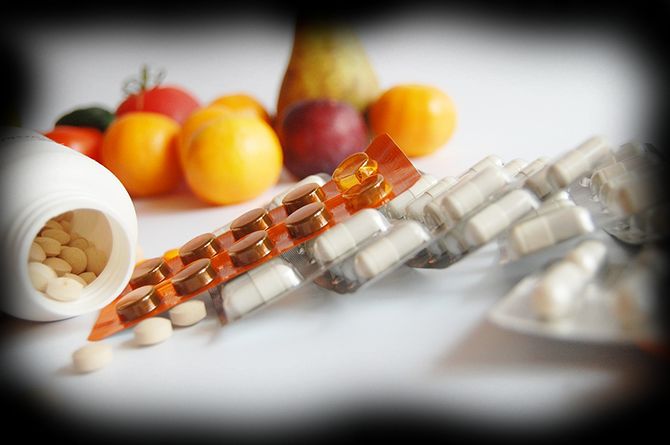'The most important pillars of disease prevention remain masking, hand/cough etiquette and physical distancing.'
Dr Trupti Gilada, infectious disease specialist at the Prince Aly Khan Hospital, Masina Hospital and Unison Medicare and Research Centre, tells Vaihayasi Pande Daniel/Rediff.com how to protect oneself from COVID-19.

Masks have now become part of our everyday life.
But what mask should one wear?
The choices are bewildering.
You can't even tell if any of them will even do the job or if others, on the other hand, are too sophisticated and are meant more for doctors in a COVID-19 ICU.
Also, how often do they have to be washed or replaced?
Cloth masks (even those made at home) are absolutely fine to use in daily life.
Ideally, it should be a triple layered -- each layer being of a different material, an inner layer that absorbs, middle layer that filters well and outer layer of polyester like material that is relatively lesser absorbent.
These masks should definitely be changed when moist and even otherwise, either daily, if used for extended periods, or every few days at least, if used very momentarily.

I heard from a senior doctor that preventive HCQ (hydroxychloroquine) might protect you.
Not taken after you have caught COVID-19, but much like how chloroquine, a parallel drug, is taken as a preventive for malaria.
If you have no contraindications and your GP, knowing your state of health, prescribes it for you, is it a good idea?
There is no clinical trial data yet showing any benefit of preventive HCQ.
Even the data for post-exposure prophylaxis or treatment has shown no benefit.
The government still has it in their treatment guidelines, but I personally do not think that we have any scientific evidence yet that supports this.

Should one have zinc tablets, vitamin D and vitamin C?
Many doctors are suggesting this in articles or on television?
There is no harm consuming these, because these vitamins and zinc do play a role in the immune system.
What is important is for people to understand that immunity of the body is never built up overnight or over a few days.
It is a long process that depends not only on these nutrients, but also other aspects like lifestyle, habits and other diseases.
So, when people do take these medications, it should be reinforced that these are not magic pills and the most important pillars of disease prevention remain masking, hand/cough etiquette and physical distancing.

Would it be extremely anxious and COVID-19-obsessed to purchase an oximeter and keep it at home in these times?
Or should one instead do a simple breathing test at home, like holding your breath for 30 seconds or some such similar thing, to test lung capacity?
We really don't expect people to monitor their oxygen saturation even when they are healthy and asymptomatic.
It is only if one does fall ill, with fever and respiratory symptoms, then we really need people to monitor their oxygen saturation, to pick up complications of the disease earlier.
What we are recommending is for housing societies/buildings to keep a pulse oximeter.
In case someone is being managed at home for COVID-19 or a COVID-19-like illness, a pulse oximeter at that point will definitely help.

Another senior physician I spoke to told me that undiagnosed diabetes doesn't help your risks.
Supposing you are in the risk of getting diabetes and have not tested before -- ie family history -- should one purchase a home blood testing kit and test?
Always a good idea for people at risk of diabetes (family history, previous report of impaired glucose tolerance) to have their diabetes diagnosed.
The HbA1c test which gives the average sugars over the last three months is a good test to do.
Also, for those who are already diabetic, it is of utmost importance to keep their sugars under very good control.
We know that uncontrolled diabetes is a major risk factor for complicated COVID-19 infection.

Anything that people with elevated BMI (body mass index) should do, apart from the obvious like eat less, lose weight and exercise?
Aerobic exercises to improve cardio-pulmonary function is, specifically, very important.
Feature Production: Ashish Narsale/Rediff.com











